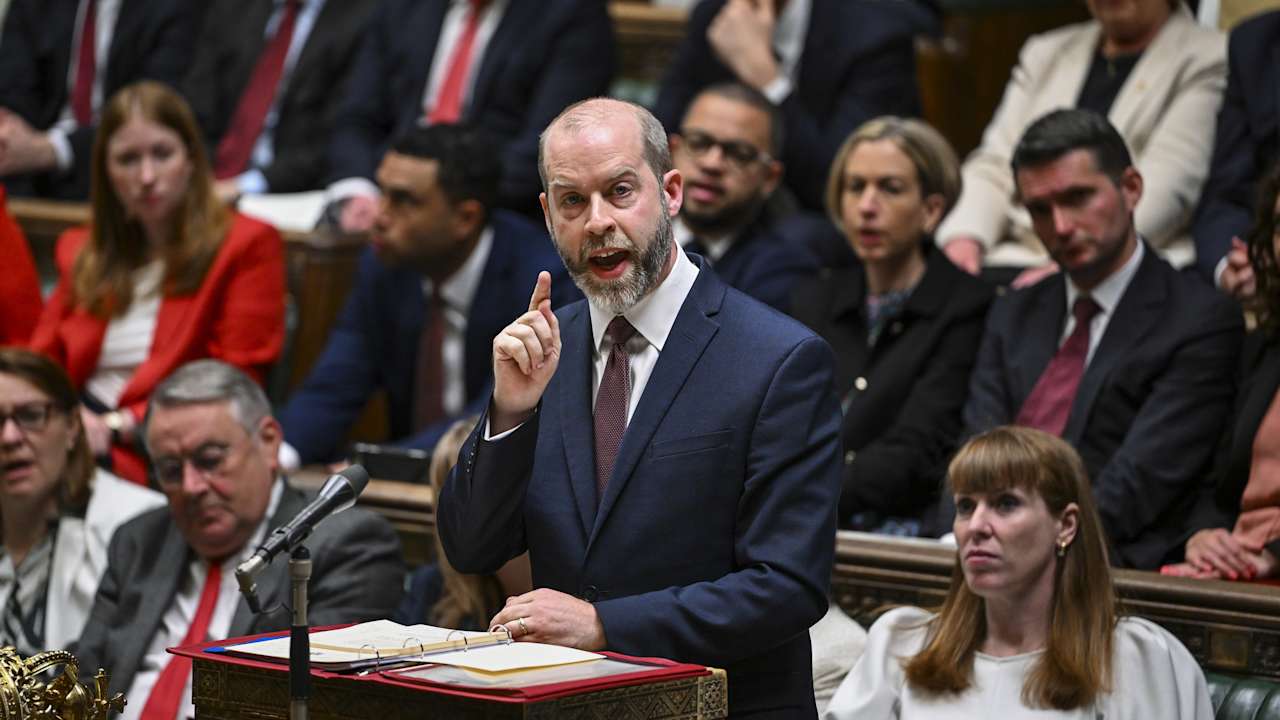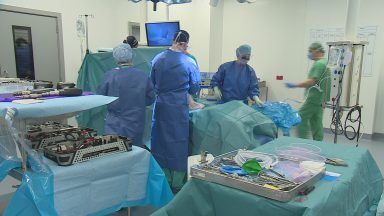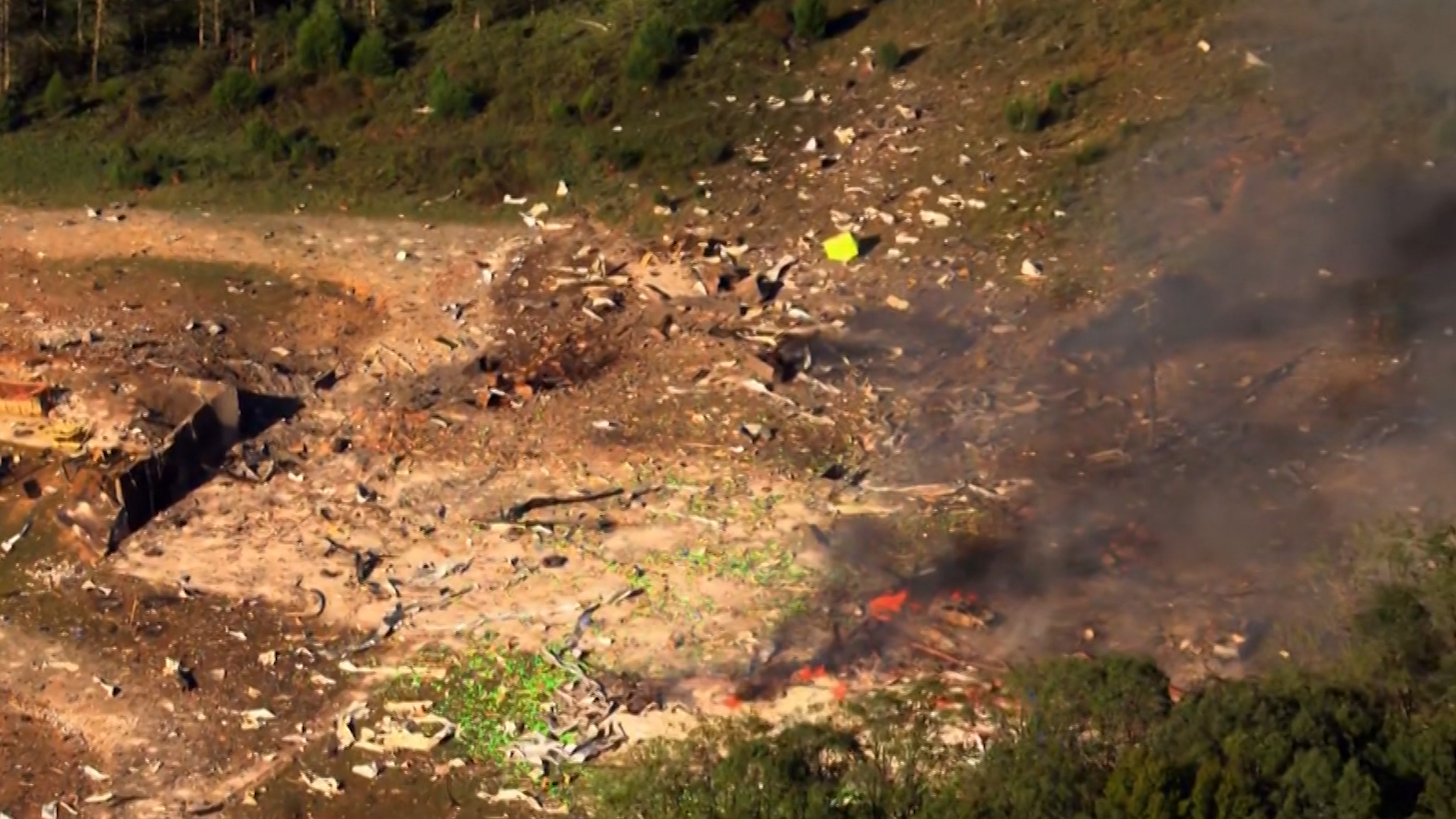The government and British Steel are working to secure the raw materials needed to keep two blast furnaces on, in a race against time to avoid a permanent shutdown of Britain’s last primary steelmaking plant.
Officials from the Department for Business and Trade (DBT), along with British Steel staff, will spend Monday working to bring nearby raw materials onto the site, as well as ensuring staff continue to be paid, the department said.
Without raw materials, such as coking coal and iron ore, the blast furnaces will cool and will eventually be turned off and can never be turned back on, meaning the end of steelmaking at the Scunthorpe plant.
Speaking to ITV News on Sunday, Business Secretary Jonathan Reynolds said he was “confident” they would keep the plant working but would not disclose any details.
Parliament sat in a rare weekend recall on Saturday to pass emergency legislation, giving the government the powers to prevent the Chinese owner of the plant, Jingye, from closing blast furnaces at the site.
The business secretary could not guarantee this would not happen but said taking over the plant had given the government “a chance” to save it.
Reynolds said: “When I said steelmaking has a future in the UK, I meant it.
“That’s why we’ve passed these new powers to save British Steel at Scunthorpe, and that’s why my team are already hard at work on the ground to keep jobs going and furnaces burning.”
Jingye, British Steel’s Chinese owners, had not only stopped ordering raw materials but had begun selling off existing supplies, sparking concerns the plant could close within days.

Dozens of businesses, including Tata and Rainham Steel, have rallied to help British Steel with offers of managerial support and raw materials following the government’s takeover.
The offers of support from other businesses also mean that British Steel is reassessing its options and could reverse Jingye’s decision to take one of the blast furnaces temporarily offline on Monday using a dangerous procedure known as a “salamander tap”.
The cost of modernising the site could run into the billions as ministers remain hopeful a private investor can be found for British Steel.
Over the weekend, the business secretary admitted that full nationalisation remained the most likely option.

He said: “Steel is vital for our national security and our ambitious plans for the housing, infrastructure and manufacturing sectors in the UK.
“We will set out a long-term plan to co-invest with the private sector to ensure steel in the UK has a bright and sustainable future.”
The Conservatives have accused the Labour government of acting “too late” and implementing a “botched nationalisation” after ignoring warnings about the risk to British Steel.
Shadow business secretary Andrew Griffith said: “The Labour Government have landed themselves in a steel crisis entirely of their own making. They’ve made poor decisions and let the unions dictate their actions.”
Follow STV News on WhatsApp
Scan the QR code on your mobile device for all the latest news from around the country





























